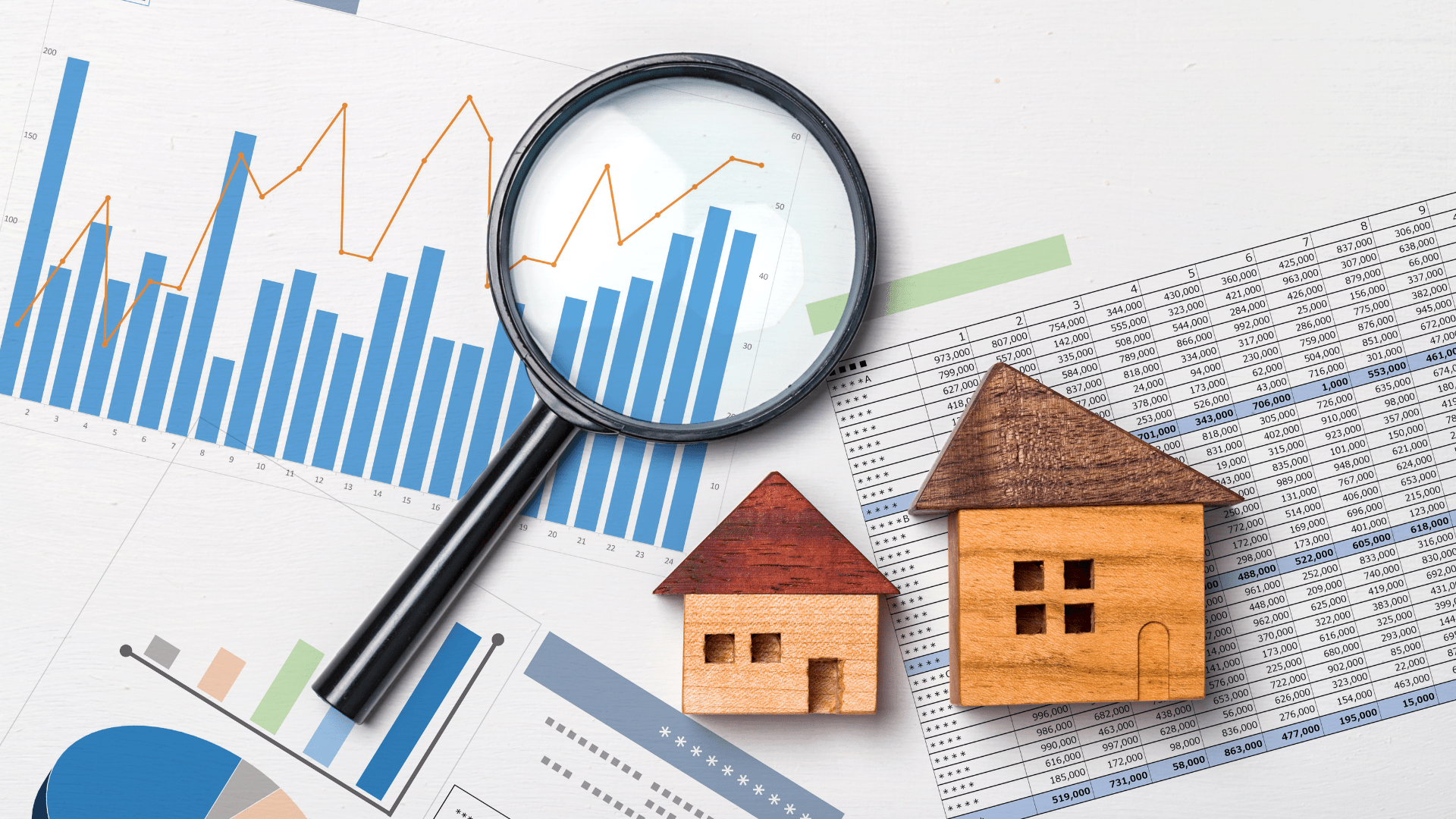Investing, in essence, is the strategic use of your money to make more money. It's a financial tool that enables entry-level earners to build wealth, protect their purchasing power against inflation, and work towards financial goals. By harnessing the power of compound interest and starting early, they can benefit from the growth of their investments over time. This also allows for greater financial security, diversification, and a chance to learn valuable money management skills.
Plus, investing is a crucial component of retirement planning, ensuring a more comfortable future. While it may seem daunting, there are accessible options for beginners, making it essential to start the investment journey as early as possible to take advantage of the benefits time can offer.
New employees or entry-level earners in the Philippines have various investment options to consider, tailored to the local financial landscape. Here are some examples:
1. Pag-IBIG Funds
The Pag-IBIG Fund, officially known as the Home Development Mutual Fund (HDMF), is a crucial savings and investment program in the Philippines. Members, which include employees and their employers, make mandatory contributions that are annual income and are automatically deducted from salaries. These contributions not only earn dividends, typically at rates higher than traditional bank savings accounts, but also serve as a means to secure housing loans for property acquisition, construction, or renovation. Beyond housing, members can access short-term loans for various purposes, and the fund also functions as a long-term savings vehicle for retirement. With government backing, Pag-IBIG offers an excellent opportunity for entry-level earners to save, invest, and eventually achieve homeownership, making it a sound financial choice for many Filipinos.
2. Savings Accounts
Opening a high-yield savings account with a local bank can provide a simple and secure avenue for earning interest on your savings. However, it's important to note that while these accounts offer better interest rates than regular savings accounts, the rates may still be relatively low, especially when compared to more aggressive investment options. High-yield savings accounts are an ideal choice for entry-level earners who prioritize safety and liquidity, the bank account serving as a stable place to park their money while still earning a modest return. These accounts are valuable for creating an emergency fund or saving for short-term financial goals due to their accessibility and ease of use.
3. Time Deposits and Tax Savings
When you're ready to start investing in individual stocks, you'll want to do the same kind of research on any companies you consider: Do they have good track records? Do they have good management? Is the company or stock price reasonable? Does it add diversification to your portfolio, or is it similar to what you already hold?
Time deposits are a form of fixed-term savings where you invest a specific amount of money for a predetermined period, typically ranging from a few months to several years. In return for locking in your funds for this set period, you can enjoy higher interest rates compared to regular savings accounts. Time deposits are a smart choice for entry-level earners who have a sum of money they can afford to set aside for a while without needing immediate access. They provide a more attractive way to earn interest on your savings, making them a valuable option for individuals with a medium to long-term financial outlook. However, it's important to be aware of the commitment and the potential penalties for early withdrawal associated with time deposits.
4. Stock Market
The Philippine Stock Exchange (PSE) provides a platform for both local and global investment opportunities. By opening a brokerage account and purchasing stocks or exchange-traded funds (ETFs) listed on the PSE, individuals, including entry-level earners, can participate in the stock market. Investing in stocks allows you to become a shareholder in various local companies, potentially benefiting from their growth and dividends in financial future. ETFs, on the other hand, offer diversification by tracking an index or a group of assets. While investing in the stock market can offer significant returns over time, it's important for new investors to do their research, understand their risk tolerance, and consider a long-term investment horizon. Additionally, working with a reputable broker can provide guidance and support in navigating the complexities of stock market investments.
5. Mutual Funds
Investing in professionally managed mutual funds through local fund management companies is an excellent option for entry-level earners in the Philippines. Mutual funds offer a convenient way to access a diversified portfolio of assets, managed by financial experts. This diversification can help spread out riskier assets, and reduce the impact of individual asset fluctuations. Mutual funds come in various types, allowing investors to choose those that align with their financial goals and risk tolerance, whether it's equities, bonds, money market funds, or balanced funds. They are particularly suitable for long-term investors who are looking to build wealth gradually while benefiting from the expertise of professional fund managers. It's important to research and compare different funds, consider fees, and assess the historical performance before making an investment decision.
6. UITFs (Unit Investment Trust Funds)
Unit Investment Trust Funds (UITFs) are collective investment schemes widely offered by banks in the Philippines. UITFs are an accessible and popular investment option, particularly for those with entry-level earnings. These funds pool money from various investors and are managed by professional fund managers who make investment decisions based on the fund's objectives, which can include stocks, bonds, or a combination of various assets. UITFs provide a simple way for individuals to diversify their investments, even with smaller sums of money, and benefit from the expertise of seasoned professionals. It's essential to review the fund's prospectus, consider your financial goals and risk tolerance, and assess any fees associated with UITFs before investing. This investment option can be an effective way for Filipinos to grow their wealth steadily.
7. Retail Treasury Bonds (RTBs)
The Philippine government issues Retail Treasury Bonds (RTBs), which are low-risk investments with fixed interest rates. These bonds are an excellent choice for risk-averse investors who prioritize the safety of their capital and a predictable return. RTBs typically offer attractive fixed interest rates and are backed by the government's creditworthiness, making them a secure investment option. They can be a part of a well-diversified investment portfolio, providing stability and income, particularly for those who want to avoid the volatility of the stock market and prefer a more conservative approach to growing their wealth. RTBs are typically available to individual investors and are often accessible even to those with entry-level earnings, offering a safe avenue to protect and potentially grow their savings.
8. Real Estate
If you have the financial means, investing in real estate properties can be a lucrative option in the Philippines. The country's real estate market has seen steady growth in recent years, presenting opportunities for individuals, including entry-level earners, to build wealth through property investment. Real estate investments can generate rental income and appreciate in value over time. Additionally, it can serve as a hedge against inflation and provide a tangible asset with potential for long-term capital gains. However, it's crucial to conduct thorough research and consider location, market trends, and the costs associated with property ownership, such as taxes and maintenance. Real estate investments typically require a more significant initial capital outlay, making them more suitable for individuals who have accumulated substantial savings or can secure financing.
9. Educational Plans
Prepaid educational plans, offered by various educational plan providers, can indeed be a prudent investment for individuals in the Philippines who are planning for future education expenses, whether it's for themselves or their children. These plans allow you to save and invest with the specific goal of funding education costs, such as tuition fees. They typically offer a disciplined way to accumulate funds, and some even provide guaranteed benefits or returns, making them a reliable option to ensure that educational expenses are covered when the time comes. Prepaid educational plans can ease the financial burden of education and offer peace of mind to parents and individuals aiming to secure a quality education for their loved ones or themselves. It's essential to carefully review the terms and conditions of these plans, understand the scope of insurance policy coverage, and select a reputable provider to ensure the plan aligns with your education savings goals.
10. Business Ventures
Entrepreneurship is a viable and dynamic investment option in the Philippines. For entry-level earners with an entrepreneurial spirit, starting a small business, whether it's an online store, a local service, or any other venture, can be a path to generating inco me and achieving financial growth over time. The Philippines' growing economy and an increasingly tech-savvy population create a favorable environment for innovative business ideas. By identifying market gaps and providing valuable products or services, entrepreneurs can not only earn profits but also create employment opportunities and contribute to economic development. While entrepreneurship can be rewarding, it's essential to conduct thorough market research, develop a solid business plan, and carefully manage finances to ensure the sustainability and success of the business. Additionally, seeking mentorship or guidance from experienced entrepreneurs can be invaluable in navigating the challenges of business ownership.
When investing in the Philippines, it's essential to be aware of local tax regulations, and investment risks, and consider your financial goals and risk tolerance. It's advisable to consult with a financial advisor or do thorough research before making any investment decisions.

.png)





